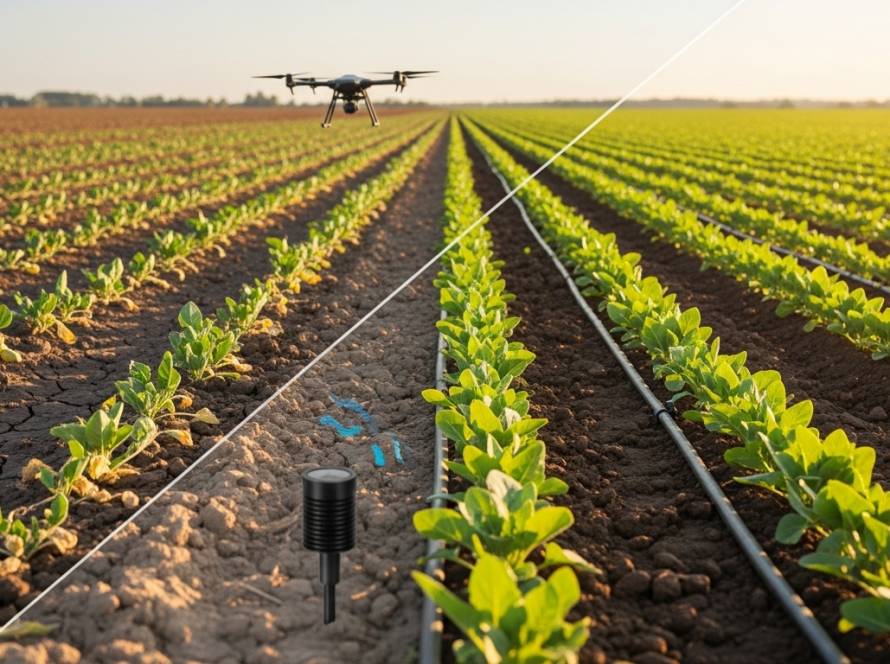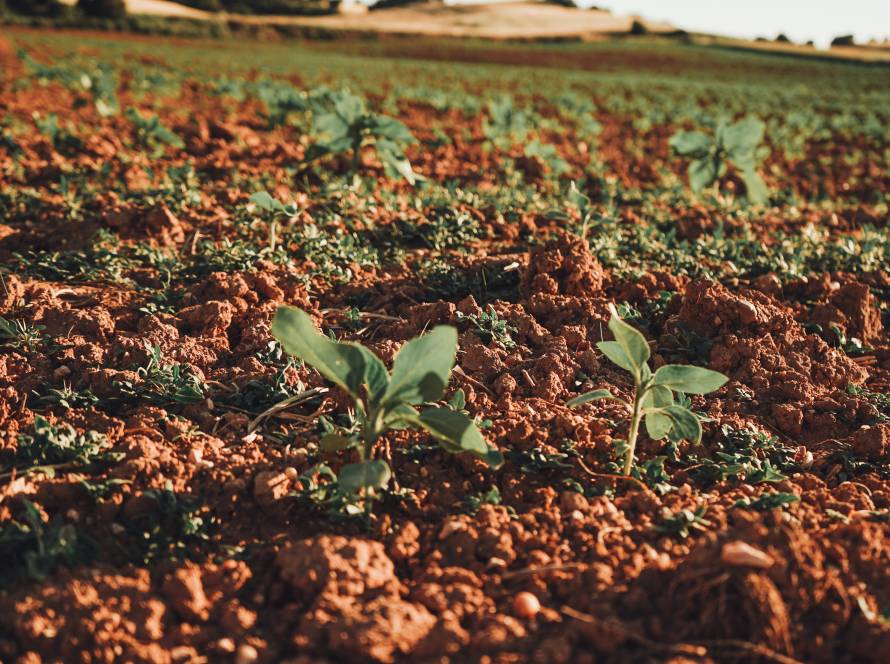Climate change stands as one of the greatest crises threatening ecosystems, economies, and societies worldwide. Rising temperatures, droughts, floods, and food security risks endanger not only natural life but also the future of humanity. While energy, transportation, and industry are often highlighted as primary culprits, another sector holds significant potential to become a key part of the solution: agriculture.
Agriculture: Not Just a Victim, but an Actor in the Climate Crisis
Agriculture is frequently viewed as a victim of climate change. Indeed, droughts, extreme weather events, and soil degradation directly impact farmers and producers. However, agriculture is also one of the sectors contributing to climate change. Intensive chemical use, improper irrigation techniques, over-tilling of soil, and greenhouse gas emissions from livestock are part of this impact. Yet, when managed correctly, agriculture can serve as a powerful guide in addressing the climate crisis.
The Power of Soil as a Carbon Sink
One lesser-known but vital fact is that agricultural soils are among the world’s largest carbon sinks. Healthy soil captures atmospheric carbon, contributing to the fight against climate change. However, when soil is mismanaged, this stored carbon is released back into the atmosphere as carbon dioxide. Thus, soil-protecting and restorative farming practices stand out as one of the most effective ways to reduce carbon emissions.
Principles of Sustainable Production
The role of agriculture in combating climate change begins with transforming production methods. Planting diverse crops instead of monocultures supports soil health and biodiversity. Reducing chemical fertilizers and pesticides protects soil and water resources. No-till farming practices enable production without disrupting soil structure. These approaches not only boost farmers’ yields but also minimize environmental harm.
Renewable Energy and Energy Efficiency
Transforming energy sources used in agriculture can create significant impact. Solar-powered irrigation systems and biogas plants allow farms to meet their own energy needs. Additionally, modern equipment and production techniques that promote energy efficiency reduce reliance on fossil fuels, marking a crucial step in addressing the climate crisis.
Water Management and Protection of Natural Resources
Climate change also threatens water resources. Effective water management in agriculture is critical not only for sustaining production but also for preserving water sources. Efficient irrigation methods like drip irrigation prevent water wastage while ensuring crops receive just the right amount, helping mitigate long-term water scarcity. Moreover, protecting natural ponds, wetlands, and forests enhances ecosystem resilience.
Empowering Small-Scale Farmers
Small-scale farmers are among those most vulnerable to the climate crisis. Supporting these producers and facilitating their access to climate-friendly practices is of great importance. Education, technical assistance, financial incentives, and local development projects can enable small farmers to play an active role in the climate fight.
New Connections Between Consumers and Producers
What consumers buy, how, and from where has a direct impact on the climate. Choosing locally produced, seasonal, and naturally grown products reduces emissions from long supply chains. This fosters a new shared responsibility between consumers and producers. Sustainability in agriculture doesn’t end in the field—it continues at the table.
Hope Begins in the Soil
Combating climate change requires a profound systemic transformation, and agriculture can be one of its most powerful drivers. Transforming production methods, revitalizing soil, and improving water and energy management create new areas of awareness for both producers and consumers. Agriculture is not merely a victim of nature but holds the potential to be its healer. This potential can be realized by revaluing soil and reshaping our production habits.





